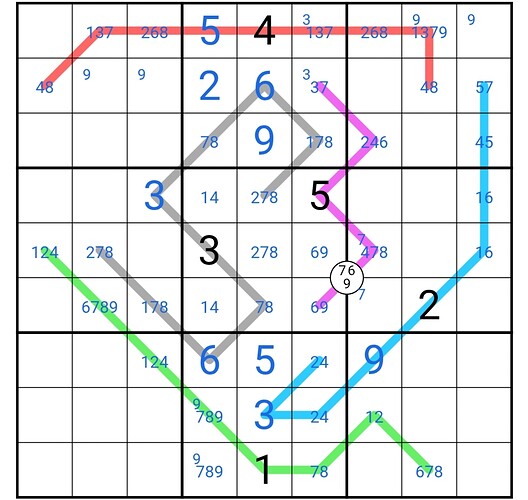Putting up all my decorations
Hypothetically speaking if somebody was in a (typical) time loop would that still be compatible with free will?
I think time loop stories overestimate how predictable people’s reactions to situations are
I would say ‘define free will’
What is a typical timeloop?
Did they enter by accident or by choice?
Do they know they are in a loop?
(Without their input) Does the loop remain the same?
Can they break the loop? Does the loop end at some point?
That’s not what you said last time…
This is the main factor I was considering (typically being yes)
oh god i’m going to fucking lose it why did haslam force the sanders pick im going to go mad if after every week we get bitching about the quarterback played for no good reason
like he’s still better than seeing watson play but christ it’s not the OLines fault when you drift back to give them an angle on you and you don’t toss the ball away
I uh… seem to be unable to solve it.
(I’ll check it out again later, when I’m not on mobile.)
What is a typical time loop
at the point where, outside of the text box still needing some white, the literal only color left to fill in is black
I guess the more pertinent question is: what is freewill?
Like there are some physics questions at play here, and if some of the probabilistic characteristics of particles are truly random or deterministic but unpredictable. In a universe with the former, each time loop would start to diverge from previous ones as time went on as extraordinarily small differences began to pile up. No matter how to slice the freewill question, it would make testing it largely unanswerable because you wouldn’t be able to test behavior with the same initial conditions and you would just expect some behavior to deviate in minor ways for the same reasons the universe itself is diverging.
So, if we assume the latter (if you rewind the tape, things in the universe repeat themselves identically from a physics perspective), then it becomes a question of if human decision-making is bound to the laws of physics. I would say it is primarily because we have no reason (or evidence) to suggest otherwise. Therefore, in a purely deterministic universe, humans would behave identically in a timeloop just like how everything else behaves identically until there’s a catalyst for change.
i came here to help out with the design thread but its nice to see Nbowie discussing metaphysics
don’t worry about what design thread. it’s not important
anyway hihi everyone i’m suffering from  medical problems
medical problems  but at least I have a fair few interesting projects to work on in the background
but at least I have a fair few interesting projects to work on in the background
I’m sure I’m being reductive. My thesis is really that the human brain is probably just a biological computer and can’t solve problems in a higher-order problem class than what can be solved by algorithms. Same input means same output. However, in practical terms, we can’t really test that notion (and even if we could, we probably shouldn’t because it’s hard to imagine that kind of experiment being ethical).
(Edit: And also what I said about some underlying randomness built-in somewhere would throw things off. I can only barely hang on by my fingertips when it comes to quantum mechanics, and this is certainly an area where someone who has actually studied it (no, YouTube videos do not count) could weigh in here more meaningfully than I can.)
I agree with geyde here, maybe not in theory but also it’s super fucking difficult to act in the exact same way every time
So if free will exists anyways then it would exist in a time loop, even if in a… weird way
And on the eighth day, God said, “Let there be lesbians.”
can confirm



